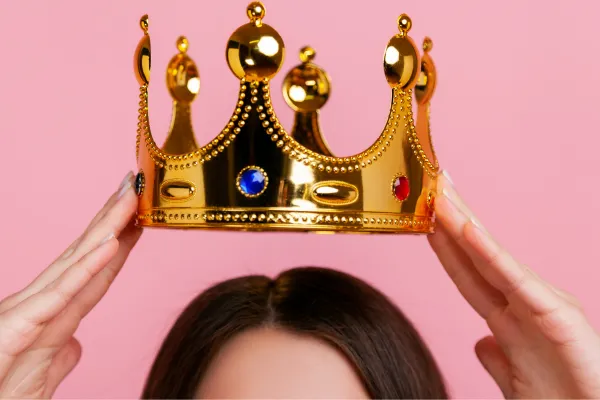Blog
Welcome!
This blog has moved to Substack for an improved reading experience and fresh content.
Visit my Substack newsletter for the latest posts and exclusive updates.
Go to my Substack »

How To Know For Sure Your Mother Is A Narcissist
Hello Enlightened One,
The term "narcissist" gets thrown around more than a beach ball at a summer barbecue, especially when it comes to family estrangement. Adult children label their parents as narcissists, parents apply the term to entire younger generations, and the social media therapists appear to be leading this narrative.
I’d like to offer a fresh perspective on this label and its character traits. Perhaps, with a deeper understanding, we can open our hearts and minds and embrace a change in perspective.
Continue reading on Substack...
With you on the journey,
“When all is said and done, the only change that will make a difference is the transformation of the human heart .” - Peter Senge

Links
Keep Moving Forward
You’ve done therapy, but life is calling you deeper.
A free 6-week path for those looking to remember the truth of who they are...
© Copyright 2025. Estranged.Network. All rights reserved.
This site is protected by reCAPTCHA and the Google Privacy Policy and Terms of Service apply.
